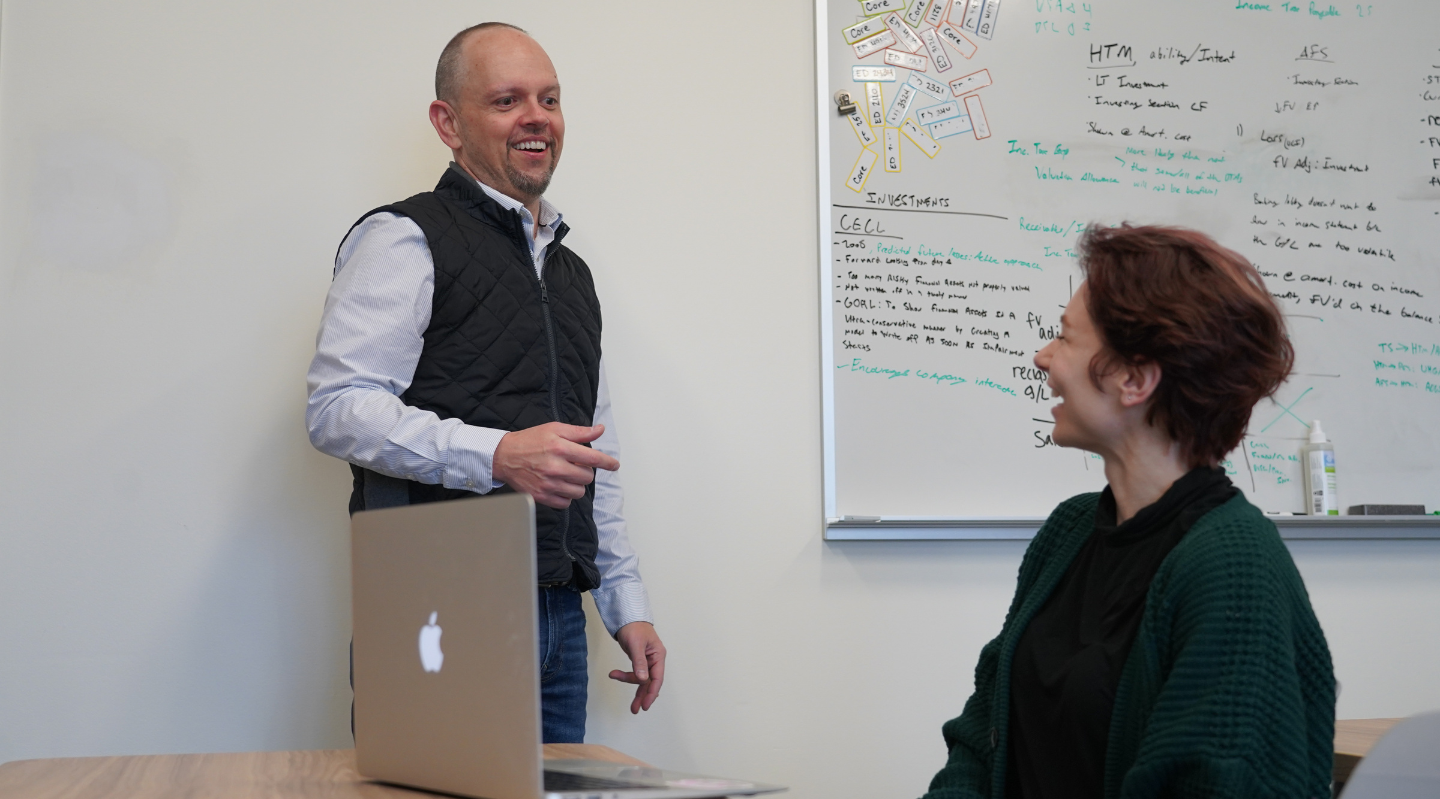About the Program
John Carroll University’s Online Clinical Mental Health Counseling program empowers and inspires the next generation of counselors. The program is renowned for its community-focused training model, evidence-based live and asynchronous teaching, commitment to diversity and multicultural excellence, and faculty who are practicing counselors. Students in the program experience an accelerated online curriculum designed to meet the needs of their clients and communities.
Experiential Learning Opportunities
Fieldwork starts in the second year (4th semester) with a unique practicum lab opportunity at Moore Counseling and Mediation Services (MCMS), one of the preeminent behavioral health treatment centers in northeast Ohio. Students who are out of state or not located in Northeast Ohio are not required to complete their practicum at MCMS and will be responsible for finding their own site.
At MCMS, students will gain experience in the following areas:
- Group Counseling
- Individual Counseling
- Assessments/Screenings
- Dual Diagnosing Services (Mental Health and AOD)
- Clinic/Medical Care
- Medicated Assisted Treatment
- Women-Specific Care (Women’s Center)
- Men-Specific Care (HEAT Program)
- Employee Assistant Programming
- Case Management Services
- Specialized Dockets/Court-Ordered Clients (Vets, Human Trafficking, Mental Health, Drug Court)
- Educational Services (Domestic Violence, Parenting, Anger Management)
Plus, John Carroll’s reputation and established connections with more than 80 top employers within the community means students will be connected to coveted internships and jobs.
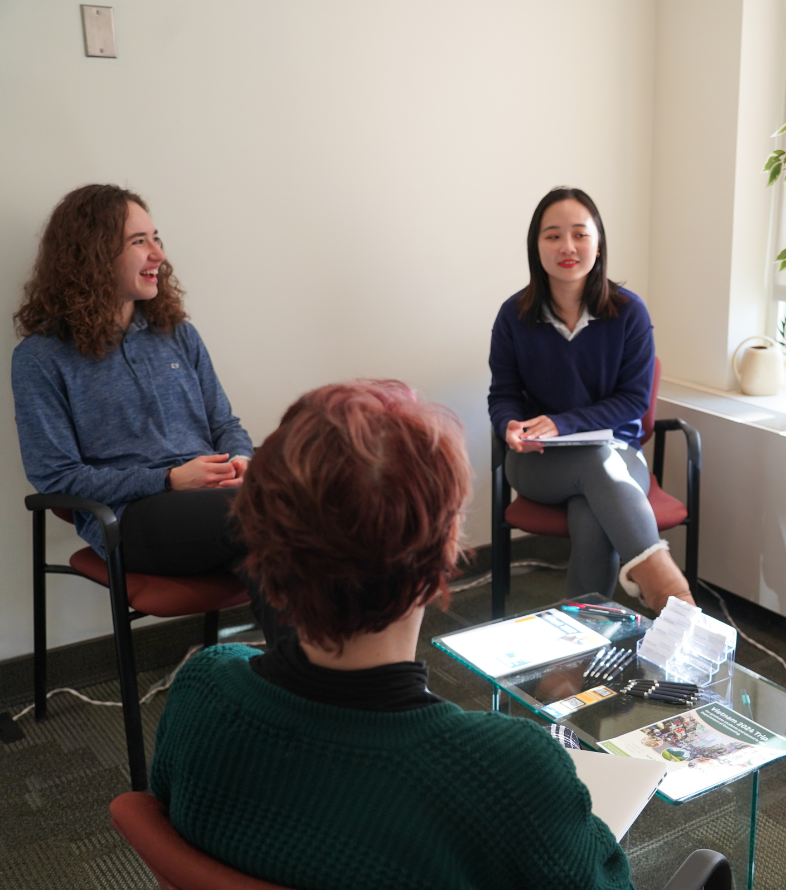

Career Outlook
JCU graduate students begin working as counselors immediately upon graduation and it’s typical to be hired by their internship sites prior to graduation. In fact, in 2018-2019, 97% of graduates were employed as counselors within six months of graduation.
Given the rise of the U.S. Opioid Epidemic, Substance Use Disorders Counseling (SUDC) is a growing field. The U.S. Bureau of Labor Statistics projects 19% growth in employment for Ohio substance use and behavioral disorder counselors from 2014-2024. This makes the LCDC and LICDC credentials highly valued by employers.
Finally, PCCs will have the ability to maintain a private practice or supervise other counselors.
Application and Admission Information
Program Curriculum
This Degree requires 60 credit hours. The online program follows the curriculum below.
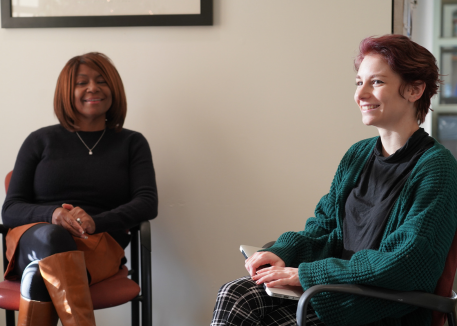
Semester 1
- Counseling Theories (full-term) CG 561
- Orientation to Counseling (1st half of term) CG 500
- Human Growth and Development (2nd half of term) CG 505
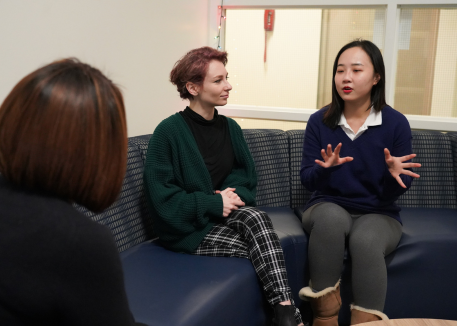
Semester 2
- Counseling Techniques & Practice (full-term) CG 562
- Addiction Knowledge (1st half of term) CG 514
- Research Methods (2nd half of term) CG 509
- ELECTIVE (asynchronous, full-term)
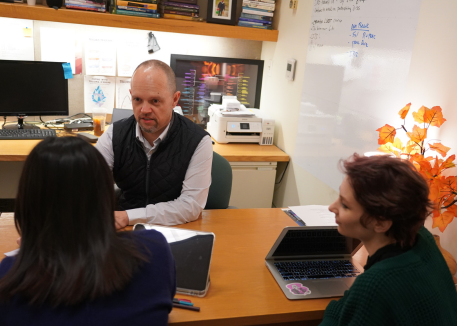
Semester 3
- Group Procedures (full-term) CG 535
- Tests & Measurements (1st half of term) CG 530
- Clinical Diagnosis & Psychopathology (2nd half of term) CG 572
- ELECTIVE (asynchronous, full-term)
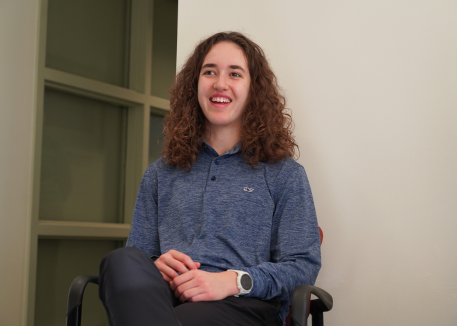
Semester 4
- Clinical Mental Health Counseling Practicum (full-term) CG 592
- Clinical Evaluation (1st half of term) CG 571
- Clinical Treatment Methods (2nd half of term) CG 574

Semester 5
- Clinical Mental Health Counseling Internship (full-term) CG 596
- Clinical Intervention, Prevention, & Ethics (1st half of term) CG 573
- ELECTIVE (asynchronous, full-term)
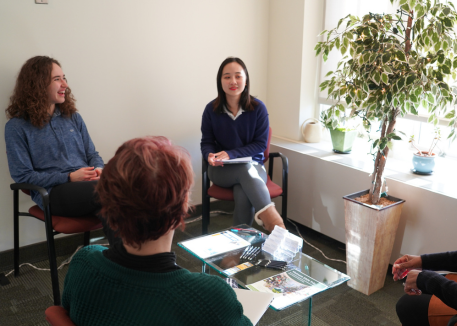
Semester 6
- Clinical Mental Health Counseling Internship (full-term) CG 596
- Diversity Issues in Counseling (1st half of term) CG 563
- Career Development & Vocational Appraisal (2nd half of term) CG 531
